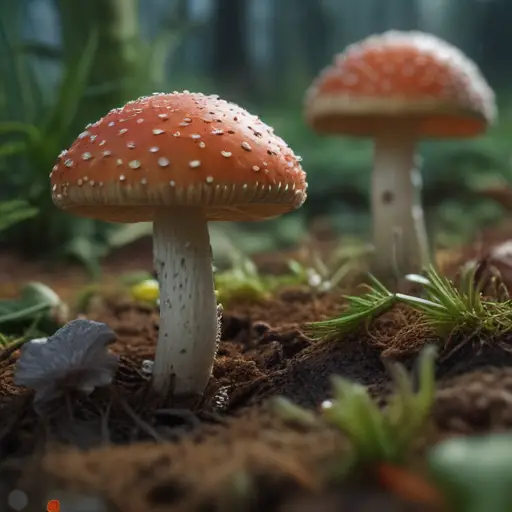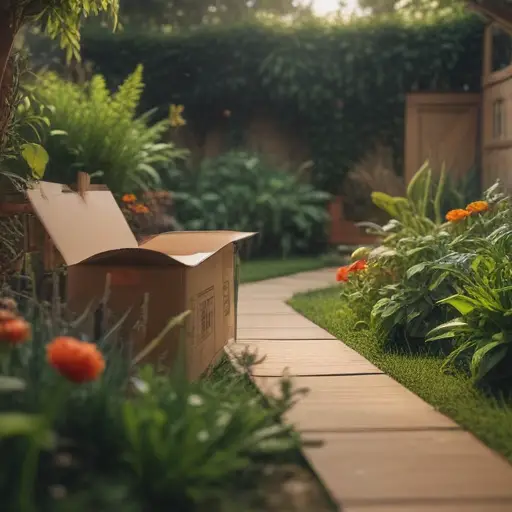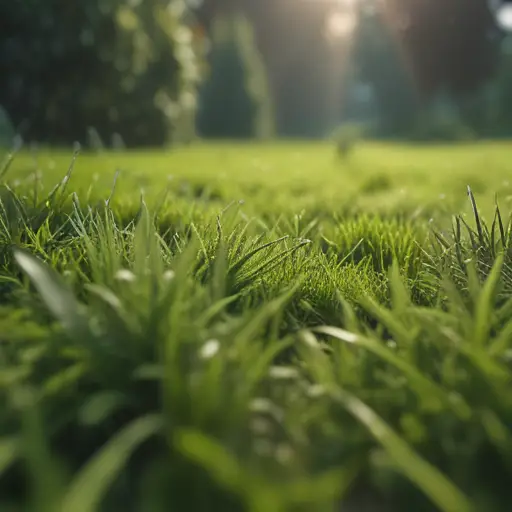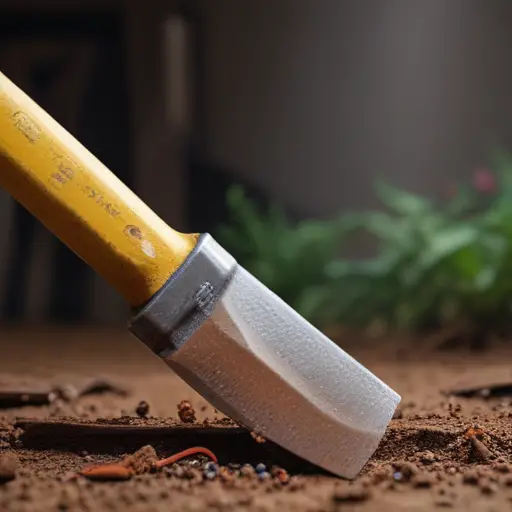5 Ways to Keep Weeds Out of Your Vegetable Garden
Understanding the root of weeds
Understanding the root of weeds is essential in preventing them from taking over your vegetable garden. Just like that one annoying friend who always shows up uninvited, weeds can quickly spread and choke out your precious plants. By getting to know the different types of weeds and their root systems, you can better equip yourself to combat them. Pulling weeds by hand is a good start, but using mulch or landscape fabric can also help prevent them from popping up in the first place. So, next time you see a weed trying to crash your garden party, show it the door before it becomes the life of the party.
Implementing effective weed control
One interesting fact about preventing weeds in a vegetable garden is that planting cover crops, such as clover or rye grass, can help suppress weed growth by outcompeting them for sunlight, water, and nutrients. Cover crops also improve soil health and fertility, making it more difficult for weeds to establish and thrive.
Implementing effective weed control in your vegetable garden is crucial for maintaining a healthy and productive growing space. Consider using organic weed control methods such as mulching with materials like straw or wood chips to smother weeds and prevent them from germinating. Regularly cultivating the soil to disrupt weed growth and using natural weed barriers like newspaper or cardboard can also help keep those pesky intruders at bay. Remember, a little bit of prevention goes a long way in keeping your garden weed-free and thriving.
Utilizing natural weed deterrents
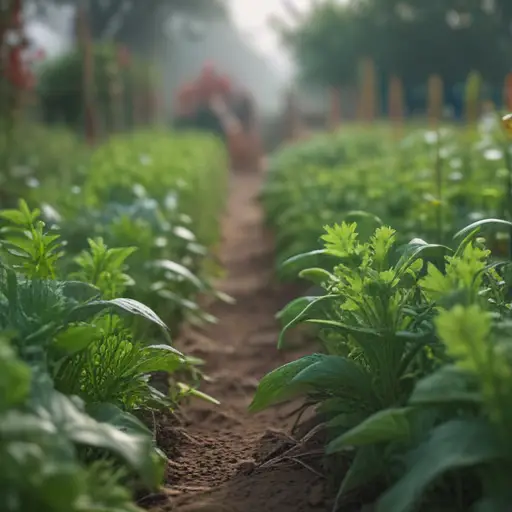
Utilizing natural weed deterrents in your vegetable garden can be a game-changer when it comes to keeping those unwanted plants at bay. One effective method is planting cover crops like clover or buckwheat, which not only help to suppress weed growth but also improve soil health. These cover crops compete with weeds for resources like sunlight and nutrients, ultimately reducing the space available for weeds to thrive. Additionally, cover crops can attract beneficial insects that prey on weed seeds, further aiding in weed control.
Another natural weed deterrent to consider is using vinegar as a herbicidal spray. Vinegar, specifically white vinegar with a high acetic acid content, can be an effective and eco-friendly way to kill weeds. Simply spray the vinegar directly onto the weeds, being careful to avoid spraying any desirable plants. The acetic acid in the vinegar works by drying out the weed’s leaves and disrupting its cell structure, ultimately leading to its demise. While vinegar is a powerful weed killer, it is important to use it sparingly and with caution to prevent any unintended damage to your garden.
Incorporating natural mulches like straw, wood chips, or grass clippings can also serve as an excellent weed deterrent in your vegetable garden. Mulches not only help to retain moisture in the soil and regulate temperature but also create a physical barrier that inhibits weed growth. As the mulch breaks down over time, it can enrich the soil with organic matter, further benefiting your plants. Additionally, mulches can help to smother existing weeds and prevent new ones from germinating, making them a valuable tool in your weed control arsenal.
Furthermore, utilizing companion planting techniques can aid in naturally deterring weeds from infiltrating your vegetable garden. Certain plants, such as marigolds, nasturtiums, and garlic, have natural weed-suppressing properties that can help keep weeds at bay. By strategically interplanting these weed-deterring plants among your vegetables, you can create a natural barrier that inhibits weed growth and promotes a healthier garden ecosystem. Not only does companion planting help with weed control, but it can also attract beneficial insects and improve overall crop health. So, next time you’re planning your garden layout, consider incorporating these natural weed deterrents to keep your vegetable garden thriving and weed-free.
Maintaining a weed-free garden
One fun fact about preventing weeds in a vegetable garden is that planting certain ground cover plants, such as clover or vetch, can help suppress weed growth by outcompeting them for sunlight, water, and nutrients. Plus, these ground cover plants can also attract beneficial insects and improve soil health!
Maintaining a weed-free garden requires consistent effort and vigilance. Regularly inspecting your vegetable garden for any signs of weed growth and promptly removing them by hand can prevent them from spreading and taking over. Implementing a routine weeding schedule, whether it be weekly or bi-weekly, can help stay on top of any weed infestations before they become overwhelming. Additionally, practicing good garden hygiene by cleaning tools, removing debris, and properly disposing of weeds can further prevent weed seeds from re-establishing themselves in your garden. By staying proactive and dedicated to weed prevention, you can enjoy a flourishing and weed-free vegetable garden all season long.


